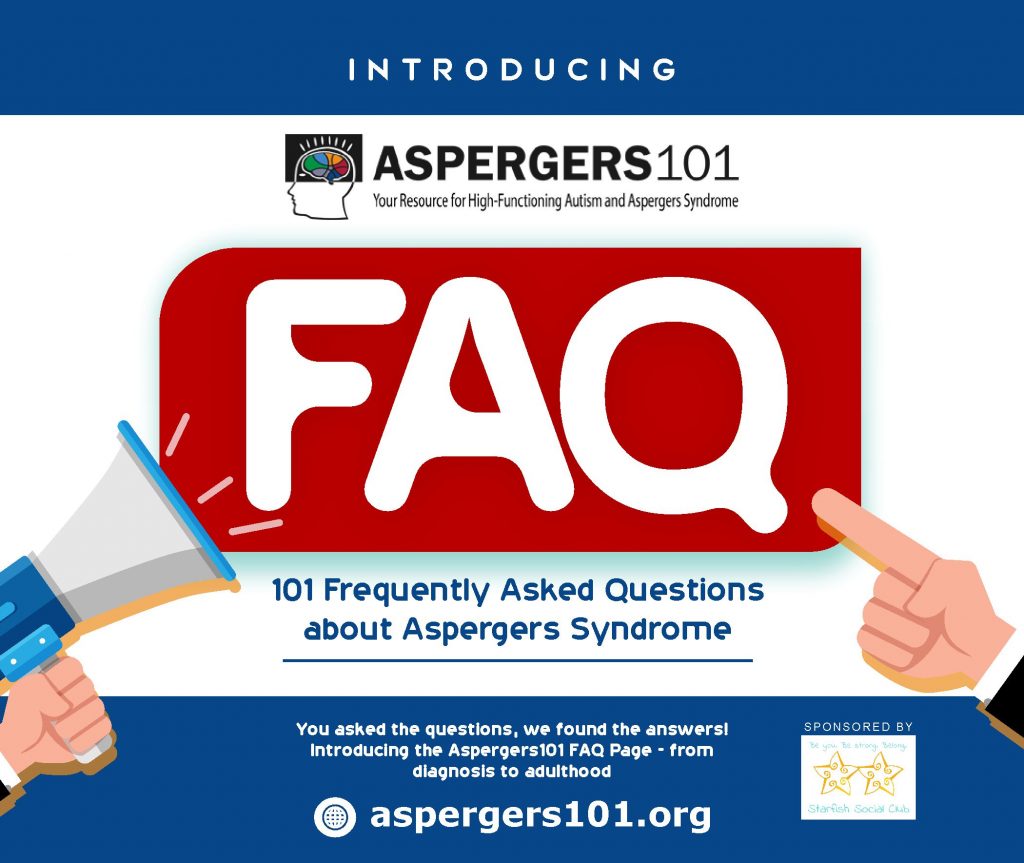Customer Service with Aspergers: Greeting Customers with a Smile
One of the most important job skills every employee, including those on the autism spectrum, must learn is how to greet a customer properly. If employees learn this valuable skill, they will be way ahead of the pack. Their employer will notice and customers will become life-long evangelists.
Many employees (and business owners!) fail miserably at this simple task, turning customers off forever and losing them to the competition, or to the online marketplace, often without even realizing it.
In my previous life I owned a specialty retail store. I developed an extensive and innovative six-week customer service and sales training program for new employees, where they were introduced to proven techniques and had to pass a test before joining the sales team. The program worked. I watched as confidence – and customer satisfaction and sales – soared. The tenets taught in this first training program provided the basis of my award-winning book Smile: Sell More with Amazing Customer Service.
Starting with that all important smile and friendly greeting at the front door, we took our store from a start-up to a beloved award-winning specialty retail business.
Kirt Manecke is an award winning author and sales, marketing, and fundraising specialist who’s an expert at delivering amazing customer service that makes people smile. Kirt is passionate about helping teens and adults succeed. He wants to help people with autism and other special needs get and keep a job and live fulfilling lives, which is why he is thrilled to be working with Aspergers101. He hopes his information will make it easier for parents of kids and adults with special needs to make friends and get that job.


















